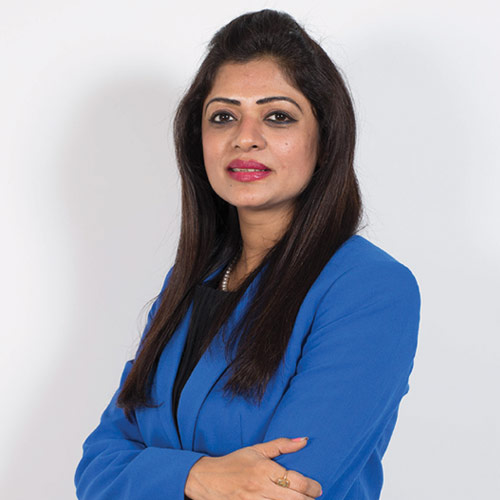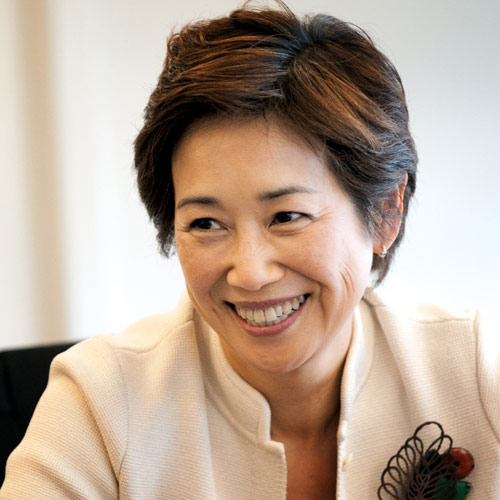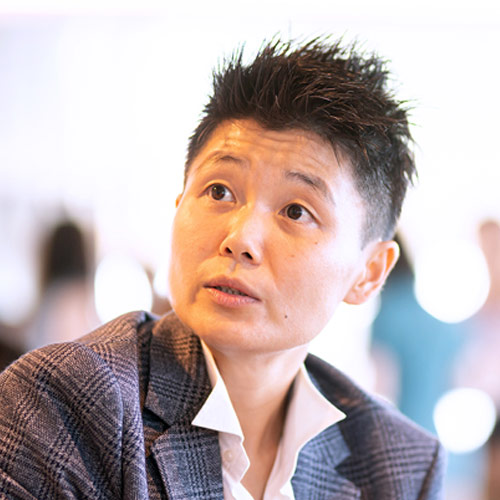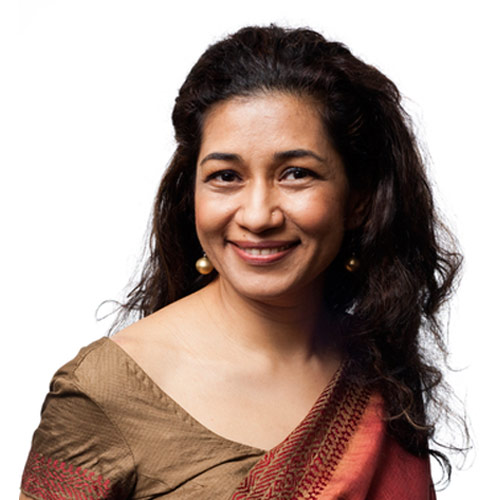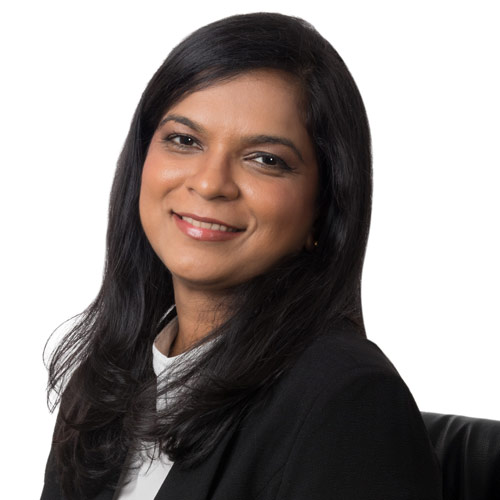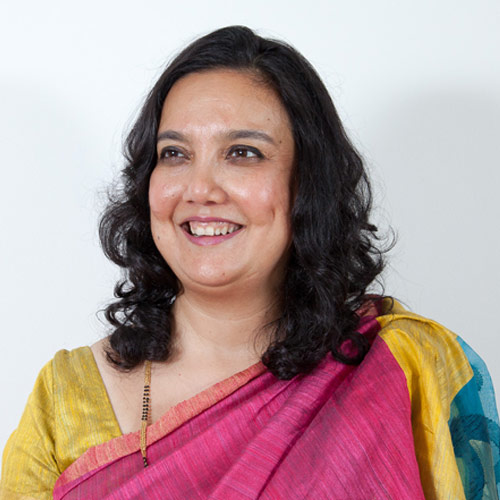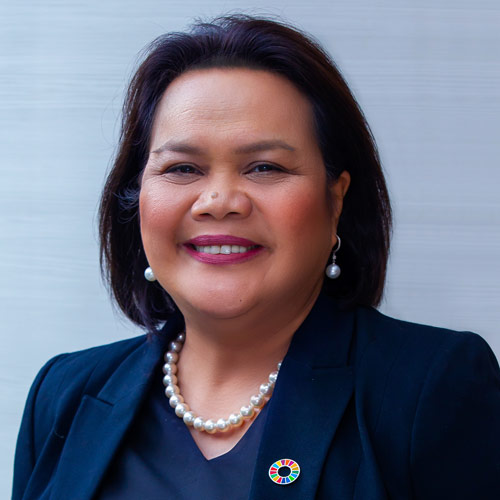Asia’s Top Sustainability Superwoman 2019
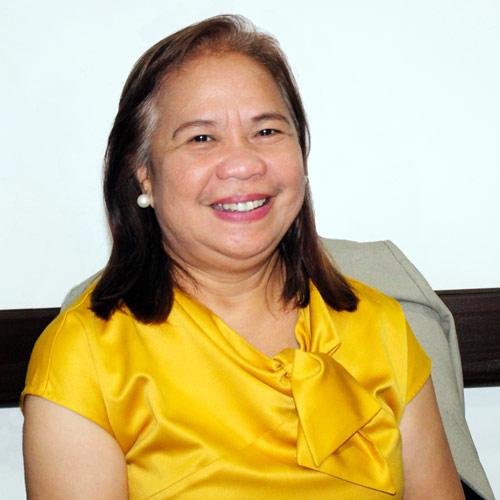
“For me, it is necessary to mobilize the rural poor if any changes in their living conditions are to occur. It is necessary to make the rural poor part of political life for their voices to be heard. “
1. What have been your top achievements in sustainability so far?
Poverty in Palawan is a rural phenomenon in food in-secured communities. Although respectable growth rates in the provincial economy, 2.4% in 2015-2016 and 5.6% for 2016-2017, were achieved, these does not benefit the poor owing to their isolation and hard to reach communities. In order for rural poverty reduction efforts to be sustainable, policies, strategies and programs are needed to promote the creation of decent jobs and employment opportunities for the rural poor. My top achievements along this line are:
A. Empowering the rural poor through the formation of Grassroots Peoples Organizations (GPOs). So far, 236 GPOs were organized with an average of 20 members per GPO or a total of 4,720 families involved and actively participating in community-driven development initiatives.
B. Unleashing the season potentials of rural women through the formation of Barangay Gender and Development Monitors (BGM) to support women in the rural areas based on the principle of equal opportunity. BGMs are trained and assigned in the different barangays (communities) to help primarily women in agriculture and in rural development. There are 256 rural women trained and capacitated as BGMs.
C. Creating Decent Jobs and Employment for the marginalized sector through the implementation of Community-Based Gender and Development Program that provides livelihood capital assistance to poor rural families who are members of Grassroots Peoples Organizations (GPOs). There were 134 GPOs provided with livelihood capital assistance benefiting a total of 2,100 poor families.
2. What challenges have you faced along the way and how have you overcome them?
The challenges of mobilizing and making the rural poor part of community planning, project implementation and decision-making and in forming them into a network or federation of GPOs or a larger civil society organizations network were among the difficulties I faced along the way.
For me, it is necessary to mobilize the rural poor if any changes in their living conditions are to occur. It is necessary to make the rural poor part of political life for their voices to be heard. It is necessary to open up and let the rural poor into civil society if they are to become part of society at large. These challenges were overcome through constant dialogues, consensus building, capacity building and mutual understanding.
3. What are the biggest challenges and opportunities you face today as a sustainability leader?
As a development Planner, and now a sustainability leader, the biggest challenge I face today is to develop the 236 GPOs into social networks or a network of civic engagement that will have a significant impact and influence in their own community’s development, productivity and growth. I need to find effective and efficient ways to create an environment supportive of the development and evolution of these GPOs into social networks.
Partnership with government agencies and international civic organizations are among the opportunities towards overcome difficulties along these areas. Partnership with Local government units is also a big opportunity.
4. What further action on sustainability do you have planned for the future?
Strengthening and enhancing the formation of and increasing investment in social capital. Researchers have shown that social capital is a necessary condition for sustainable community development as it enhances linking ties that increase access to resources outside the poor people’s communities. Being part of the provincial government, I have a critical leadership role to play in realigning and harmonizing programs, projects and policies to complement social capital network formation.
5. Can you give any advice to aspiring sustainability superwoman out there?
Sustainability is not a choice but a necessity. Do something positive for your community and your environment and make it part of your lifestyle. Form and/or actively support organizations that promote sustainability and environmental awareness. Forming, joining and helping out sustainable organizations can go a long way in making a big difference in Sustainability advocacies. The time is now.

